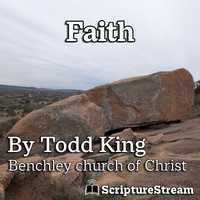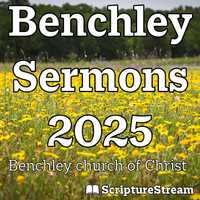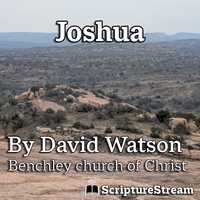Faith establishes trust
- Trust: the assured reliance on the character, ability, strength, or truth of someone or something.
- Matthew 6:25-30 (worry)
- Matthew 14:28-31 (doubt)
- Mark 5:36 (fear) – God is so much bigger than anything we fear.
- John 11:40 (everyday life)
- Matthew 17:20 (evidence)
- II Corinthians 5:6-8 (walk by faith)
- I John 4:18
- I Timothy 6:17-19
- II Corinthians 1:9
- I Timothy 4:10


